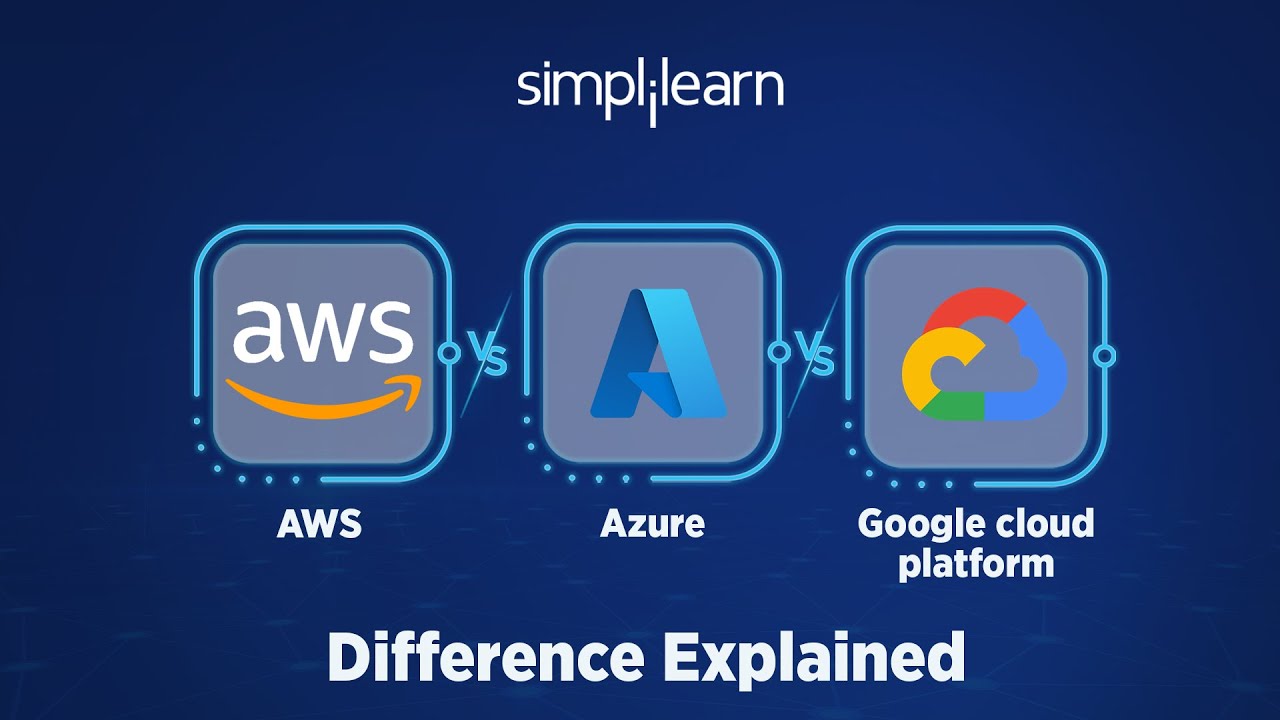GCP Data Engineer Live Q&A for job readiness
Summary
TLDRIn this YouTube video, the host dives into Google Cloud Platform (GCP) data engineering interviews, offering live Q&A to help viewers prepare for such roles. They discuss essential skills like Python, BigQuery, and GCS, emphasizing the importance of maintaining data integrity and format. The video covers topics like the difference between structured and unstructured data, data modeling, and the use of tools like Dataflow and Dataproc. It also touches on optimizing BigQuery performance, using Cloud Scheduler for automation, and the functionalities of Data Composer. The host provides insights on handling data with Airflow and highlights the significance of BigQuery job rules for business analysis. The video aims to equip viewers with knowledge for GCP data engineering interviews.
Takeaways
- 😀 The video is aimed at helping viewers prepare for a GCP Data Engineering interview by discussing live Q&A and hands-on experiences.
- 🔧 The importance of maintaining data in string format to avoid data loss when loading data from various sources into BigQuery is highlighted.
- 🛠️ The speaker shares their role and responsibilities in a project involving BigQuery and GCS, emphasizing the use of BQ commands and SDK for data transformation.
- 📊 The difference between structured and unstructured data is explained, with structured data having defined columns and data types, while unstructured data lacks a specific format.
- 📈 The video touches on the differences between OLAP (Online Analytical Processing) and OLTP (Online Transaction Processing) systems.
- 🔍 The script explains the functionality of 'Group by' and 'Order by' in data processing, with 'Group by' used for aggregating data and 'Order by' for sorting.
- 💡 Data modeling is described as the process of designing and analyzing data to identify different kinds of data for analysis.
- 🚀 The video discusses the optimization of BigQuery performance through the use of partitioning, clustering, and limiting the number of columns.
- ⏰ Cloud Scheduler in GCP is mentioned as an automation tool that can be used with Python scripting and Airflow for task scheduling.
- 🌐 Dataflow is introduced as an ETL tool for real-time data streaming, in contrast to Dataproc, which is related to Big Data tools.
Q & A
What is the main focus of the YouTube video?
-The main focus of the YouTube video is to discuss the GCP data engineering interview, providing live interaction and Q&A to help prepare for a GCP data engineering profile.
What skills are emphasized for GCP data engineering interviews?
-For GCP data engineering interviews, the skills emphasized include hands-on experience with GCS and BigQuery, proficiency in Python, and a good understanding of data processes such as data flow and data blocks.
Why is maintaining string format important when loading data from various sources?
-Maintaining string format is important when loading data from various sources because data can come in different formats. Keeping it as a string ensures that data is not lost during the loading process.
What is the role of the person discussing their current project in the video?
-In the video, the person discusses their role and responsibilities in a project where they work mainly with BigQuery and GCS, creating DAX and developing DDL and DML scripts, and using Airflow for workflow automation.
What is the difference between structured and unstructured data as explained in the video?
-Structured data has defined columns and data types, whereas unstructured data, like text or images, does not have a defined structure or data types, making it more complex to manage and store in tables.
What is the difference between 'GROUP BY' and 'ORDER BY' in SQL as discussed in the video?
-In SQL, 'GROUP BY' is used to aggregate data into groups based on certain criteria, while 'ORDER BY' is used to sort the result set in ascending or descending order based on one or more columns.
What is data modeling and why is it important?
-Data modeling is the process of designing and analyzing data structures to optimize storage, retrieval, and understanding of data. It is important for organizing data in a way that supports efficient and effective data analysis.
What is the difference between Dataflow and Dataproc in GCP?
-Dataflow is a fully-managed service for real-time data processing, while Dataproc is a managed service for running Apache Spark and Apache Hadoop clusters for batch processing of large datasets.
How can performance in BigQuery be optimized as mentioned in the video?
-Performance in BigQuery can be optimized by using features like partitioning and clustering, which help in managing data and queries more efficiently, thereby reducing costs and improving query performance.
What is Cloud Scheduler in GCP and how is it used?
-Cloud Scheduler is a fully managed cron job scheduler that allows you to schedule virtually any job, including batch, CRON, and HTTP jobs. It can be used to create and execute scheduled tasks without the need for manual intervention.
What is the functionality of Dataflow in GCP?
-Dataflow is an ETL tool in GCP that provides a managed service for transforming and enriching data in stream and batch processing. It is used for real-time data streaming and can handle large-scale data processing jobs.
How is data exported and imported from BigQuery according to the video?
-Data can be exported and imported from BigQuery using the 'bq load' command, which facilitates the transfer of data from GCS to BigQuery, and vice versa, for data analysis and management purposes.
Outlines

This section is available to paid users only. Please upgrade to access this part.
Upgrade NowMindmap

This section is available to paid users only. Please upgrade to access this part.
Upgrade NowKeywords

This section is available to paid users only. Please upgrade to access this part.
Upgrade NowHighlights

This section is available to paid users only. Please upgrade to access this part.
Upgrade NowTranscripts

This section is available to paid users only. Please upgrade to access this part.
Upgrade NowBrowse More Related Video

Google Cloud Platform in 10 mins | GCP for beginners | Google Cloud Platform (GCP) tutorials

01. GCP using Python SDK : How to access Cloud Storage using Service account ?

Google Cloud Platform Tutorial - Part #1 | Introduction to GCP | Cloud Computing Basics | @SCALER

AWS vs Azure vs GCP | Amazon Web Services vs Microsoft Azure vs Google Cloud Platform | Simplilearn

Google Compute Engine Tutorial | Google Compute Services Overview | GCP Training | Edureka

Cloud Providers Compared: A Comprehensive Guide to AWS, Azure, and GCP
5.0 / 5 (0 votes)